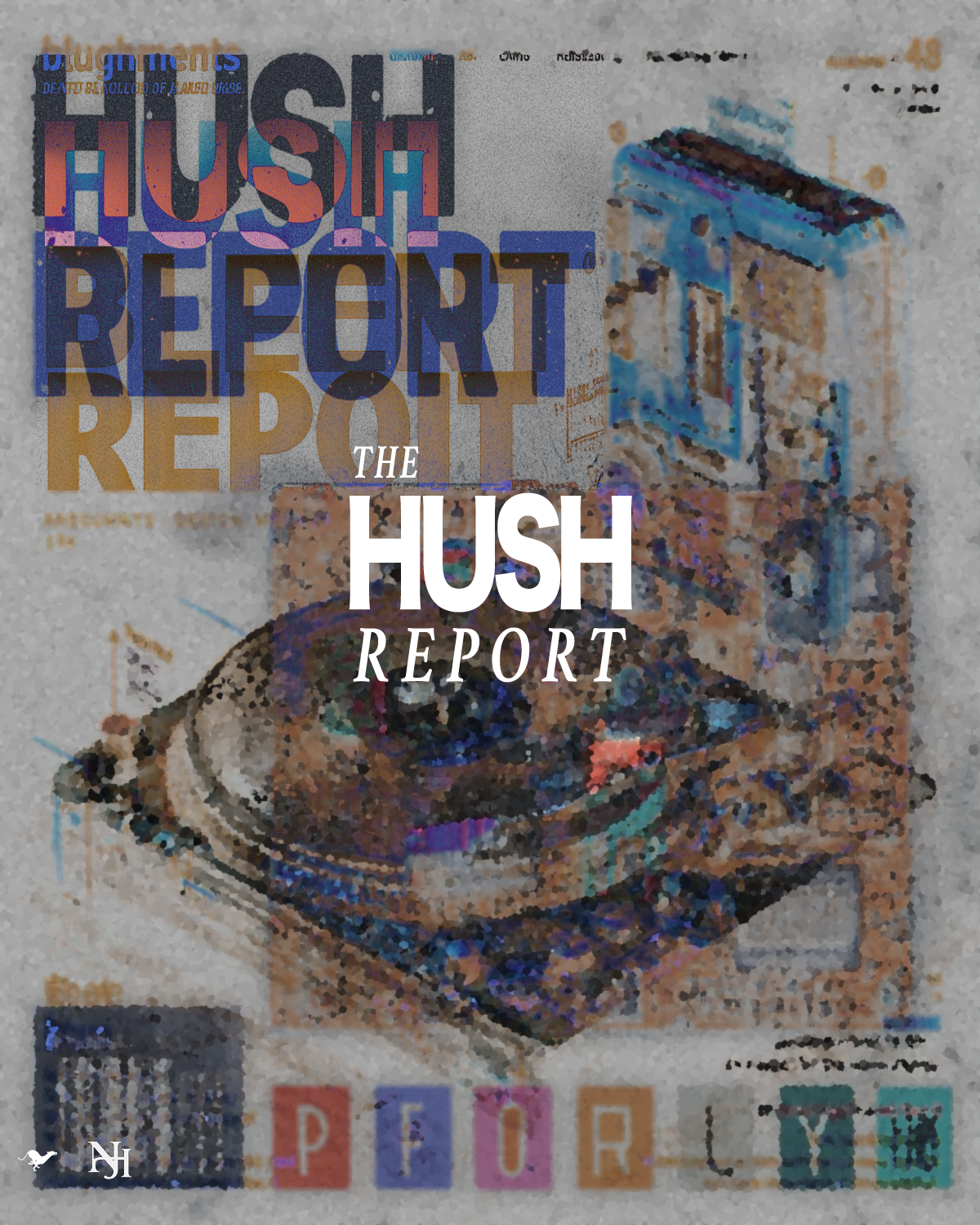
There is a peculiar rhythm to life’s pursuit. In youth, we run urgently toward something unseen, driven by hunger but blind to the shape of what we chase. We call it wealth. We call it success. Yet with time, if one moves carefully, the haze begins to lift and the path reveals itself not as a race but as a quiet, deliberate stacking of choices, of resources, of discipline.
I find myself now in a season I long envisioned but scarcely understood. Two rental properties stand as symbols of that patience. Retirement accounts, once abstract lines on a distant horizon, are now filled, fortified, complete. I am no longer gathering pieces in the dark. I see the blueprint. I trace its lines with steady hands.
The next aim is simple, though profound: a home of my own. A place not to escape to but to belong to. I see, too, the inevitable approach of another milestone to cross into millionaire status within the next five years. Yet this number, this achievement, holds less weight than I once imagined. It is not the summit but merely a marker on a longer trail.
It is not wealth that fascinates me. It is what wealth teaches. To save is to practice restraint. To invest is to practice foresight. To walk past momentary indulgence is to practice mastery over the self. These are the quiet arts of those who endure.
I have reached a peculiar fork. I have structured my life such that I could retire by the age of forty, leaving behind the obligations that once shaped my daily rhythms. But I choose not to. Retirement, I have realized, is not the highest form of freedom. The freedom to continue is a rarer, more deliberate joy. To rise and engage in meaningful work, not as a slave to necessity but as a participant by choice, is a wealth that transcends the balance sheet.
Saving is more than financial. It is spiritual. It is the disciplined accumulation of good habits, sound principles, and measured steps. It is the recognition that true wealth is not only in the possession of assets but in the mastery of time, the freedom of choice, and the quiet satisfaction of a well-executed plan.
In my younger years, I mistook haste for progress. I now see that slow building, rooted in intention, is the truest form of advancement. To rush is to squander. To wait is to strengthen.
The coming years are no longer about whether I will succeed. That question has been answered. What remains is the deeper inquiry: how shall I live with what I have built? How shall I use it to expand not only my reach but my peace?
I will continue to stack, not simply for more, but for the freedom to design a life that honors both the labor and the leisure it has afforded me.
This is the quiet reward of discipline. This is what I have come to understand.









